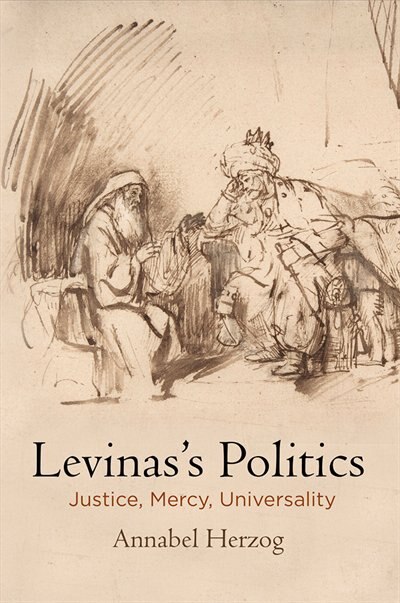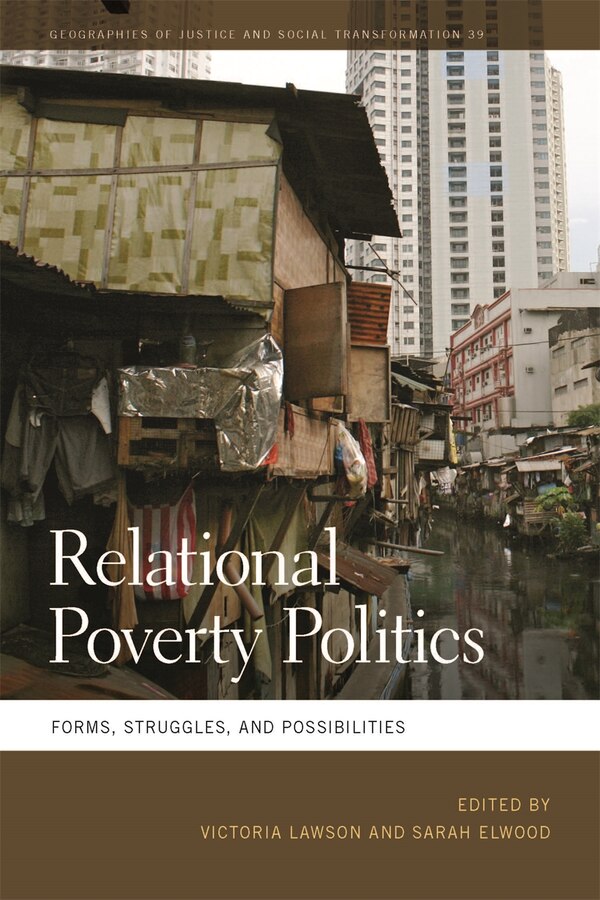
Gifting Made Simple
Give the Gift of ChoiceClick below to purchase a Bramalea City Centre eGift Card that can be used at participating retailers at Bramalea City Centre.Purchase HereHome
Politics Of Temporalization by Nadia R. Altschul, Paper over Board | Indigo Chapters
Coles
Loading Inventory...
Politics Of Temporalization by Nadia R. Altschul, Paper over Board | Indigo Chapters in Brampton, ON
From Nadia R. Altschul
Current price: $123.99

Coles
Politics Of Temporalization by Nadia R. Altschul, Paper over Board | Indigo Chapters in Brampton, ON
From Nadia R. Altschul
Current price: $123.99
Loading Inventory...
Size: 1 x 9 x 1
*Product information may vary - to confirm product availability, pricing, and additional information please contact Coles
A postcolonial study of the conceptualization of nineteenth- and twentieth-century Latin America as medieval and orientalIf Spain and Portugal were perceived as backward in the nineteenth century—still tainted, in the minds of European writers and thinkers, by more than a whiff of the medieval and Moorish—Ibero-America lagged even further behind. Originally colonized in the late fifteenth century, Chile, Argentina, and Brazil were characterized by European travelers and South American elites alike as both feudal and oriental, as if they retained an oriental-Moorish character due to the centuries-long presence of Islam in the Iberian Peninsula. So, Nadia R. Altschul observes, the Scottish metropolitan writer Maria Graham (1785-1842) depicted the Chile in which she found herself stranded after the death of her sea captain husband as a premodern, precapitalist, and orientalized place that could only benefit from the free trade imperialism of the British. Domingo F. Sarmiento (1811-1888), the most influential Latin American writer and statesman of his day, conceived of his own Euro-American creole class as medieval in such works as Civilization and Barbarism: The Life of Juan Facundo Quiroga (1845) and Recollections of a Provincial Past (1850), and wrote of the inherited Moorish character of Spanish America in his 1883 Conflict and Harmony of the Races in America. Moving forward into the first half of the twentieth century, Altschul explores the oriental character that Gilberto Freyre assigned to Portuguese colonization in his The Masters and the Slaves (1933), in which he postulated the Mozarabic essence of Brazil. In Politics of Temporalization, Altschul examines the case of South America to ask more broadly what is at stake—what is harmed, what is excused—when the present is temporalized, when elements of the now are characterized as belonging to, and consequently imposed upon, a constructed and othered past. | Politics Of Temporalization by Nadia R. Altschul, Paper over Board | Indigo Chapters
A postcolonial study of the conceptualization of nineteenth- and twentieth-century Latin America as medieval and orientalIf Spain and Portugal were perceived as backward in the nineteenth century—still tainted, in the minds of European writers and thinkers, by more than a whiff of the medieval and Moorish—Ibero-America lagged even further behind. Originally colonized in the late fifteenth century, Chile, Argentina, and Brazil were characterized by European travelers and South American elites alike as both feudal and oriental, as if they retained an oriental-Moorish character due to the centuries-long presence of Islam in the Iberian Peninsula. So, Nadia R. Altschul observes, the Scottish metropolitan writer Maria Graham (1785-1842) depicted the Chile in which she found herself stranded after the death of her sea captain husband as a premodern, precapitalist, and orientalized place that could only benefit from the free trade imperialism of the British. Domingo F. Sarmiento (1811-1888), the most influential Latin American writer and statesman of his day, conceived of his own Euro-American creole class as medieval in such works as Civilization and Barbarism: The Life of Juan Facundo Quiroga (1845) and Recollections of a Provincial Past (1850), and wrote of the inherited Moorish character of Spanish America in his 1883 Conflict and Harmony of the Races in America. Moving forward into the first half of the twentieth century, Altschul explores the oriental character that Gilberto Freyre assigned to Portuguese colonization in his The Masters and the Slaves (1933), in which he postulated the Mozarabic essence of Brazil. In Politics of Temporalization, Altschul examines the case of South America to ask more broadly what is at stake—what is harmed, what is excused—when the present is temporalized, when elements of the now are characterized as belonging to, and consequently imposed upon, a constructed and othered past. | Politics Of Temporalization by Nadia R. Altschul, Paper over Board | Indigo Chapters





















